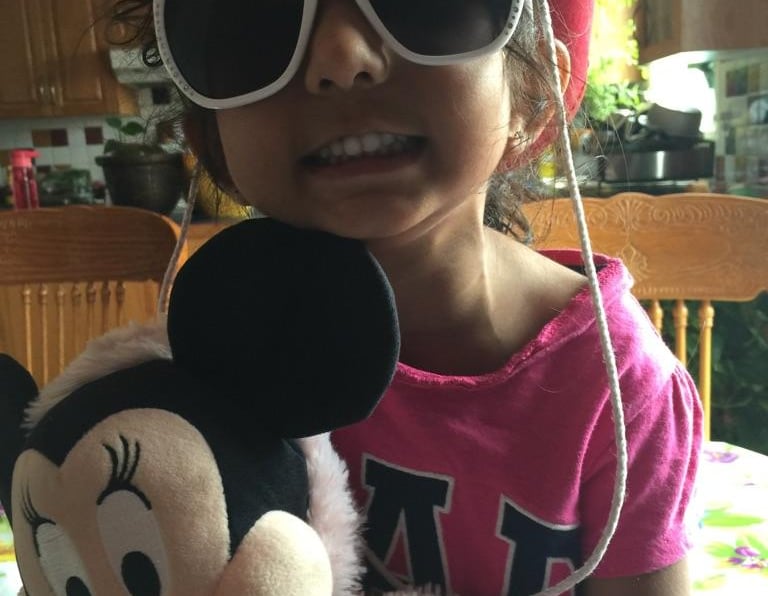Philosophy of Early Childhood Education


Early Childhood Education is Supporting and role of ECE to… support.
Physical Needs
Physical activity aids in the development of better motor skills, as well as concentration and problem-solving abilities. Children who engage in more physical activity during their childhood are more likely to remain active as adults. This is critical for better health and happiness.
Emotional Needs
Children are born with two basic emotional needs; The desire to be loved and the desire to have high self-esteem. It is the educator's responsibility to be aware of these needs and to communicate with children in a way that promotes positive development.
Social Needs
Children who can overcome challenges and adapt to changes in their lives are more likely to have a good relationships with others and develop other important social-emotional skills. Children need resilience because it provides emotional stability in unfamiliar situations and helps them develop skills that will help them succeed in life.
Cognitive Needs
Children's cognitive skill development entails the gradual improvement of learning abilities such as attention, memory, and reasoning. These skills help children process sensory information and eventually learn to evaluate, analyze, remember, compare, and understand cause and effect.


What are Parents & Families' Role in Education?
During childcare hours, a teacher can only accomplish so much. It is up to the families to reinforce what they have learned at the childcare center when they return home. As a result, I believe that having a good relationship with the families is also crucial.
"When working together as partners, it’s been found that parents and teachers communicate more effectively, develop stronger relationships with one another and develop skills to support children’s behaviors and learning." (Ludvik,2018)


How Do I Varying Learning Needs?
Embrace Uniqueness
I like to think of each child as a one-of-a-kind gift, not just to their parents and families, but to the entire world. I like to learn more about child's talents, likes and dislikes, sense of humor, creativity, curiosity, dreams, fears, desires, and unique personalities from the moment they are in my care so I can create a unique development plan for each child.
Slow and Steady
Patience and understanding should always be maintained, regardless of the situation. While dealing with children can be difficult, being patient and demonstrating that you understand their feelings can go a long way. Model and teach patience, as well as encouragement and affirmation of their abilities. Talk them through each step of the process and encourage them along the way.
Play-based Learning
The concept of "learning through play" is important when children are young. Running, dancing, climbing, and rolling are all activities that help to develop muscle and fine-tune motor skills. As they create detailed, imaginative worlds rich with a system of rules that govern the terms of play, children strengthen their mental and emotional muscles.
Young children require a variety of things, including but not limited to…
play is important
empathy and compassion
children process through the development
individual differences
personality development
problem-solving
Early childhood was developed for young learners through much research and evidence, as I learned from historical theories. According to the philosophers, teachers must know and model developmentally appropriate practices for all students in a loving and empathetic manner. In their early years, teachers must understand children and how to plan curriculum, instructions, and assessments appropriately.
High-Quality of Learning Environment
The term “high-quality learning environment” encompasses both the culture in the classroom and the climate in the classroom. It generally means the same as a “positive or quality learning environment.”
It is critical to provide high-quality learning environments. They are more than the decor of the classroom, or the activities planned by the teacher. Teaching must be deliberate. Learning should be fun. The evaluation should be genuine. Every aspect of the classroom should reflect this and engage students in all aspects of their development and learning styles. Making sure your classroom runs smoothly takes time and practice.
